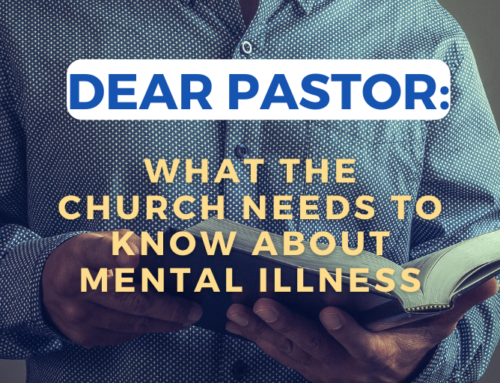(from the Mental Health America, May newsletter)
This year marks Mental Health America‘s 70th year celebrating Mental Health Month!
In 2019 we are expanding upon last year’s theme of #4Mind4Body and taking it to the next level, as we explore the topics of animal companionship (including pets and support animals), spirituality, humor, work-life balance, and recreation and social connections as ways to boost mental health and general wellness.
(from “Why I Don’t Celebrate Mental Health Awareness Month” by DJ Jaffe)
May is being celebrated as Mental Health Awareness Week or Month (MHAW or MHAM). In celebration, well-intentioned advocates are hosting events they think reduce the “stigma” of mental illness. But they are inadvertently perpetuating it….
.. MHAW public service announcements never feature the homeless psychotic, eating out of garbage cans, sleeping in cardboard homes, and living with festering wounds under layer after layer of filthy clothes, or those locked behind bars or in institutions. Why? The stigma advocates fear that showing the most seriously ill will create stigma. But trying to gain sympathy for mental illness by only displaying the highest functioning, is like trying to gain support for ending hunger by only showing the well-fed.
DJ Jaffe is Executive Director of Mental Illness Policy Org., and author of the just released, Insane Consequences: How the Mental Health Industry Fails the Mentally Ill.
Shattering Stigma?
Some years ago I spoke at a conference called “Shattering Stigma with Stories.” At the time I was rebounding from a serious mental illness (SMI) that had cut into my career, ruined my marriage, and brought me to the brink of suicide. I had the hope that my story could open up pathways for healing, like it had for me.
I still have this hope. Yet, I don’t think it is what heals. At least not many of my brothers and sisters with SMIs. There are far too many obstacles that stand in the way. They can tell their stories to anyone willing to listen, or, at times, to many who won’t. And still they remain behind bars, on the streets, and in rat-infested housing.
I am among the privileged few persons with an SMI who has brain chemicals telling me to take my meds; an employer providing a living wage; an insurer who believes the long-term investment of healthcare is more valuable that short-term financial gains that are really moral losses; friends and family who haven’t given up on me. And I thank God for these blessings.
But these blessings are not enjoyed by many with SMIs. And it’s not because they don’t have enough faith. Heaven forbid! It is not because they haven’t worked hard enough to have a job that pays and provides benefits. It is not because they are too stubborn to take their meds. To point to these factors as evidence that someone with schizophrenia or bipolar disorder is responsible for their own mental illness is inhumane, a sin against the image of God in them.
What I’m doing this Mental Health month.
Last week I got a call from a pastor in town. She told me of a man who has been hanging out in their cafe. The church wants to be open and welcoming, so the pastor treated him to a cup of coffee and asked him to share his story. It was disjointed. Graphic, grandiose expressions mixed with intense looks that were more than a little unnerving. The pastor encouraged him to go to a drop-in mental health clubhouse and the man left. Did he go? Will he be back? Is he safe? What help can the church provide?
Tomorrow morning I’m going to the church cafe. I hope to meet this man and become his friend. I will try to hook him up with services that might address his needs. I’ll keep the church connected so they can help. I will pray that whatever we do contributes to his well being both this month and beyond.
Are you celebrating mental health or combating mental illness? Can we really do both?







